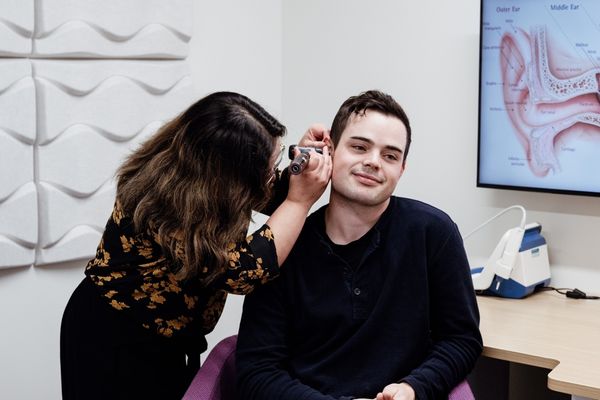
Triton Hearing
21 Mar 2021
Swimmer's Ear
Anyone who spends a great deal of time in the water knows the dangers of swimmer's ear. Mild to begin with but severe if they continue. Although not a serious condition in the long run, swimmer's ear should be dealt with as quickly as possible. Treatment will help clear up the infection and hence, solve the root of the problem.











